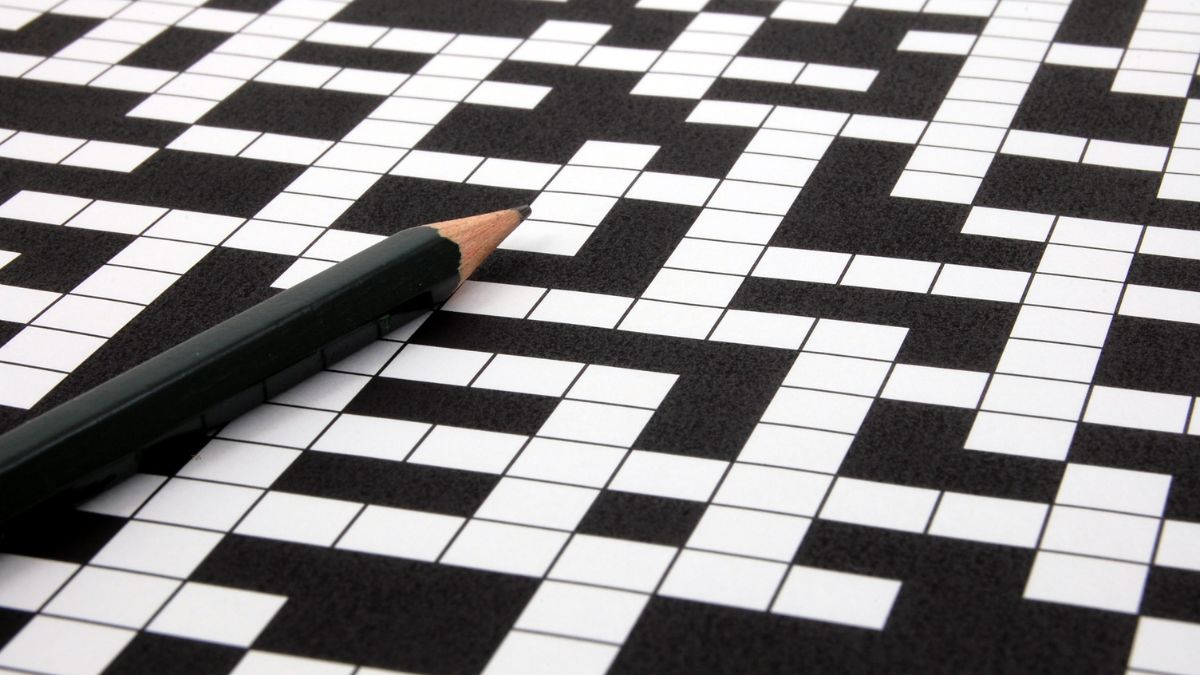Crosswords: A Mental Workout to Keep the Brain Sharp and Ward Off Cognitive Decline

The potential cognitive benefits of crossword puzzles have been a subject of interest for both the scientific community and the general public. With a backdrop of anecdotal evidence, like the contrasting experiences of Irv, an avid puzzle solver, and Murray, who preferred creative pursuits, researchers have delved into the impact of these puzzles on mental acuity.
A study conducted by the University of Exeter and King’s College London, which was highlighted in a Science Daily article in May 2019, provides compelling evidence in this regard. This study suggests that older adults who regularly engage in word and number puzzles have better brain function. The study found that participants who engaged with word puzzles had a brain function equivalent to ten years younger than their age, on tests assessing grammatical reasoning, and eight years younger than their age on tests measuring short-term memory.
Moreover, research associated with the Bronx Aging Study points to the possibility that a routine involving crossword puzzles might delay the onset of cognitive decline. Participants who engaged in puzzles demonstrated slower rates of decline in terms of memory and executive functioning compared to those who did not.
These findings feed into a broader narrative that supports the role of mentally stimulating activities in maintaining cognitive health. The theory is that such activities may fortify the brain’s ability to process and remember information.
However, it’s essential to note that the research narrative is not unequivocal. For instance, a Scottish study, as reported by CNN in December 2018, found that regular puzzle habits did not seem to have a significant impact on mental sharpness over time. This challenges the notion that crosswords can act as a protective factor against cognitive decline.
The nuances of memory and how it relates to crossword puzzles are further illuminated by the case of H.M., a patient with anterograde amnesia who, despite his condition, showed improvement in crossword puzzle-solving over time. This suggests that crossword puzzles might stimulate a part of the memory system that remains intact even when other parts are compromised.
The episodic buffer, a concept refined by psychologist Alan Baddeley, is hypothesized to play a crucial role in this process. It integrates information from the phonological loop and the visuo-spatial sketchpad, components of short-term memory, allowing for a more sophisticated narrative memory. This component of working memory is hard to study, but crossword and Scrabble experts provided a window into its function in a 2014 study in Claremont, Calif. The study demonstrated that these experts had a strong working memory and used both verbal and visuospatial components of their memory when solving puzzles.
While the scientific community continues to explore and debate the extent of the protective effects of crossword puzzles against cognitive decline, the anecdotal and empirical evidence suggests that engaging in such activities could be beneficial. It remains clear that stimulating the brain, whether through crosswords, creative writing, or other challenging activities, is an important aspect of maintaining cognitive health, especially as one ages.
